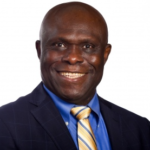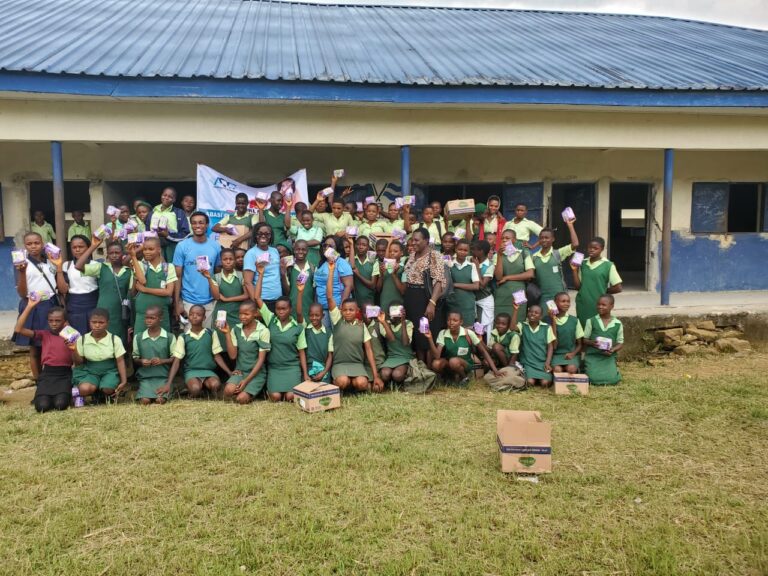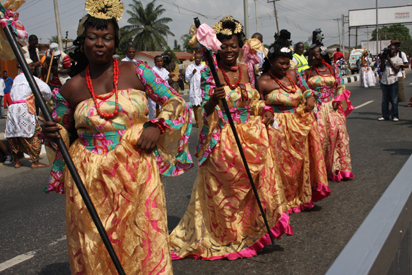Preserving & Protecting Abasi People in Nigeria
We are Uniting Ndito Abasi or Abasi (God) People:
- Ibibio, Annang, Efik, Oro, Ekid, Ekoi and Obolo
- To emancipate and empower ourself
- For preservation and protection in Nigeria and Abroad
Who We Are
Ndito Abasi, Abasians or Abasi People are indigenous to the contiguous land and water of Akwa Ibom and Cross River States in South Eastern-most part of Nigeria.
What We Do
The purpose of Abasi People Movement (Abasians) is to collaboratively work together for the emancipation of our people and land both in Nigeria & globally.

Leadership
Get latest updates on our leadership initiatives.

Abasian News
Follow and get the latest news on our Abasian emancipation.

Girl-Child Emancipation
Our emancipatory programs for the Abasi girl-child.

Internal Emancipation
Our emancipation programs for people within the area.

External Emancipation
Our emancipation programs for surrounding people.
We Find & Unify
We find, get Abasians to join the movement, and committees. Sacrifice time and energy for the cause.
We Educate
Today’s youth need a helpful hand and right guidance at every stage. Here’s where we take care of them like our own.
We Support
We focus on taking advantage of the United Nations program(s) to support indigenous people.
We Solve Problems
We work towards solving problems that present institutions have failed to solve/tackle, one per committee.
We Emancipate & Empower
Use existing systems to minimize marginalization and emancipate our people.
We Help & Strengthen
We work towards a future where any Abasian can access help as needed.

Our Shared
Identity
- One Supreme God (Akwa Abasi eyong mme isong ye si iyohore ke esit – Almighty God of the heavens and earth with everything therein)
- One People (Ndito Abasi or Abasians)
- One Language (with 7 major dialects)
- Contiguous land and water in South Eastern-most part of Nigeria
- Rich in natural resources (petroleum, arable land, water and mineral resources)
- Marginalized, exploited and divided into 1.3 States, 4 Senatorial Districts, 13 Federal Constituencies and 38 LGAs in the contemporary Nigeria.
- Existing international infrastructure for tourism and global commerce (airports, seaports, stadiums, roadways, hospitals, universities, electricity production, etc.)
- Leaders of the COR state movement in the Eyo Ita, Udo Udoma, Ibanga Akpabio days.
- Lessons from Ibibio Union vs. 4th Largest Nationality in Nigeria where our language was recognized and respected globally.
- Need for unity, for emancipation from internal and external marginalization towards equitable sustainable development in Nigeria and globally.

Our Communities
The Movement works through the Steering Committee and Congress. Members are encouraged to put themselves forward and/or nominate people into the committees. The committees are;
- Strategy, Policy, Finance and Relationships Building.
- Energy, Power, Oil and Gas Impacts and Decarbonized Economy
- Tourism, Agriculture, Technology and Infrastructure Investments
- Legal, Administration, Safety, Security and Related Infrastructure
- Documentation, Promotion, Marketing and Branding
- Secretariat and Publicity
- Education, Culture, Religion, Health and Human Capacity Development
- Tourism, Agriculture, Technology and Infrastructure Investments
- Online Grassroots Mobilization from LGAs to Ward and Village Levels, and Diaspora Regions.
- Youths, Sports and Women Affairs

Abasi People, Land & Culture
- Annang Province, Calabar Province and Uyo Province should have been at least 3 States in the Contemporary Nigeria
- Biafra Experience – not good memories
- South Eastern/Cross Rivers State –
- Republicanism—Lack of a central figure
- Demonstrated transformational leadership and Infrastructure
- One Language, Culture and God – Akwa Abasi Ibom ke Eyong ye Isong
- Technology – Farming, Fishing, Raffia, Wood Carving, Traditional Medicine
- Religious – very trusting and exploited by both indigenous and outside “men of God?)
- Political history – active in Akwa Ibom State/South-South/South-East/COR
- Over 10 million people – bigger than many countries
- 4th in Nigeria after Hausa, Yoruba and Igbo.
- Vast land for sustainable agriculture and renewable energy along with petroleum
- Two airports, international stadium, a seaport and another in the making